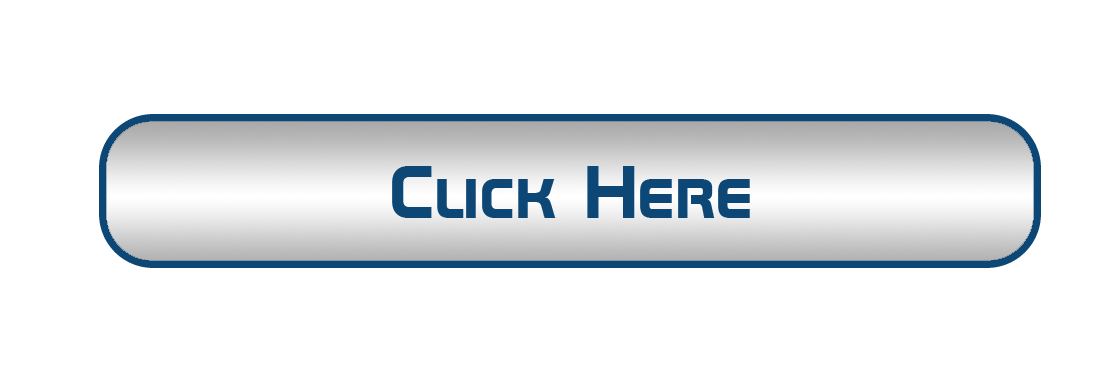Would today`s judges believe that the shorter frame of reference for Covid vaccines is only a reason to reject a warrant? Otherwise, the fate of the law would depend on how the Court views the concept of individual liberty in today`s highly polarized political landscape. Today, involuntary isolation and quarantine should only be required and enforced in extremely rare cases. Most likely, a new airborne infectious disease such as severe acute respiratory syndrome (SARS), for which there is no treatment yet, enters the country. Yet, even with the SARS epidemic, there was almost no need to impose isolation, and quarantine was carried out almost exclusively in the individual`s home.143.144 Finally, the laws that enforce incarceration necessarily apply to the extraordinary person, just as Henning Jacobson did in 1905. Most people were eager to voluntarily take precautions. However, in Beijing, China, where the government is reportedly considering a large-scale quarantine, nearly 250,000 people have fled, increasing the risk of spreading the disease. In fact, large-scale quarantines have had little positive impact on outbreaks in the past.145 Brian Dean Abramson, a vaccine law expert, told Insider that while vaccine rules aren`t new, they typically come from the state rather than the federal government. He said it was common in the 19th century for states and cities to need the smallpox vaccine. “Smallpox is known to be a dangerous and contagious disease. If vaccination is highly inclined to prevent the transmission or spread of this disease, it logically follows that children may be denied admission to public schools until they have been vaccinated. The complainant alleged that vaccination does not tend to prevent smallpox, but that it tends to cause other diseases and causes a lot of harm without anything good.
Jacobson`s application to the modern age of vaccinations is a source of scientific debate, with some arguing that the case no longer applies at a time when vaccines like HPV are not medically necessary to prevent the spread of the disease. But others claim the importance of Jacobson today in providing enough power to protect public health, especially in the face of the threat of pandemics. I studied the 1905 court decision in Jacobson, Massachusetts, as well as the memoirs of the lawyers who argued the case, because of my recent book on Harlan, The Great Dissenter. As the title suggests, the book focuses on Harlan`s dissent, not his majority views. But what struck me was not only the contrasting way in which Harlan`s principles were expressed in majority opinions and disagreements, but also the extent to which the Jacobson case so strangely highlighted the current debates about Covid-19. One hundred years ago, in Jacobson v. Massachusetts, the U.S. Supreme Court upheld the power of the Cambridge, Mass, Board of Health to prescribe smallpox vaccination during a smallpox outbreak.2 Jacobson was one of the few Supreme Court cases before 1960 in which a citizen questioned the state`s power to obligatorily restrict personal liberty for public health purposes.
What could such a case teach us today? First, it raises timeless questions about the power of state government to take specific measures to protect public health and protect personal liberty through the Constitution. What limits the power of the state? What does constitutionally protected freedom entail? Second, the answers to these questions may change as scientific evidence, social institutions, and constitutional jurisprudence advance. A comparison of the answers to these questions 100 years ago and today shows how public health and constitutional law have evolved to better protect health and human rights. “Jacobson had concerns about the negative effects of the vaccine, but didn`t really support those fears,” Abramson said. “If it were proven that someone would be seriously injured by a vaccine, the result could be different.” He added that there was also “some leeway” in the case, which could grant larger exemptions to people fearing illness or injury due to the virus. Abramson told Insider that in the initial case, the pastor was concerned about receiving the smallpox vaccine because of the side effects he and his family members had already experienced. On the one hand, the smallpox vaccines of 1904 have been around for much longer than current coronavirus vaccines. Smallpox had been an endemic killer for most of recorded history, marking those who survived with lifelong scars. Smallpox vaccines had been in development for more than a century when Jacobson filed his complaint; none other than General George Washington had ordered his troops to be vaccinated against smallpox.
The disease was finally to be eradicated in 1980 after a concerted global vaccination campaign. The history of U.S. Supreme Court decisions on the power of states to restrict personal liberty shows how state power can be characterized differently. Basically, however, all doctrinal interpretations begin with 1 of the 2 hypotheses: (1) the state has full authority to do anything not expressly prohibited by the federal or state constitution, or (2) the state has only those powers granted to it by the people or that constitute an essential aspect of the sovereignty for which governments are formed.150, 151 Although there are traces of both views in the opinions of various judges, the Court has generally agreed with the first view: the Constitution provides for the sole limit on the power of the State. Thus, the Court`s interpretation of what constitutes constitutional law is of extraordinary importance. As Judge Charles Evans Hughes noted, “We are under a constitution, but the constitution is what judges say.” 152 (p. 199) Henning Jacobson refused the vaccination, claiming that he and his son had had bad reactions to previous vaccinations. The Massachusetts Supreme Court ruled it unnecessary to worry about the possible harm caused by vaccinations, as no one could be forced to get vaccinated: “If a person considers it important that vaccination is not done in his case, and the authorities should think otherwise, it is not in his power to vaccinate him by force. and the worst thing that could happen to him under the law would be to pay him $5.
18 Jacobson was fined and appealed to the U.S. Supreme Court. The global eradication of smallpox, achieved through an international vaccination campaign, was certified in 1980. [14] [15] One of these opponents, a Swedish-born pastor named Henning Jacobson, took his crusade against vaccines to the U.S. Supreme Court. The country`s chief justices issued a landmark decision in 1905 that legitimized the authority of states to “reasonably” violate individual freedoms during a public health crisis by fining those who refused vaccination. Jacobson v. Massachusetts, a 1905 U.S. Supreme Court decision, raised questions about the state government`s power to protect public health and personal liberty through the Constitution. We have examined notions of state power and personal liberty in Jacobson and in later cases that expanded, replaced, or even ignored these ideas. Today, the law is on Harlan`s side.
The Lochner case is widely vilified by Liberals and Conservatives as a symbol of the excessive exhaustion of the justice system. The fact that the same judges who were so concerned about laissez-faire individualism in the Lochner case could not bring themselves to support Henning Jacobson does not bode well for a future challenge to a vaccination warrant. Today`s conservative-dominated court, it seems, is far less likely than its Golden Age ancestors to afford great protection to the freedom language of the Fourteenth Amendment. In this stormy environment, Jacobson fought his $5 fine, first in state court and then on appeal to the Massachusetts Supreme Court. Jacobson wanted to present evidence that the vaccines themselves were dangerous and ineffective, but the judges did not want to hear them. Instead, Jacobson`s main argument became, “The compulsion to introduce disease into a healthy system is a violation of liberty,” especially personal freedom, which he said was guaranteed by the constitutions of the United States and Massachusetts. Jacobson`s claim was essentially the same as what vaccine skeptics take for granted today: that under the U.S. Constitution, they have the personal freedom to decide for themselves whether they want to take the vaccine.
Backed by a group called The Anti-Vaccination Society, Jacobson presented an impressive case and incorporated many of the same arguments about freedom from state interference that are buzzing on cable television this summer and are being put in the mouths of politicians.















